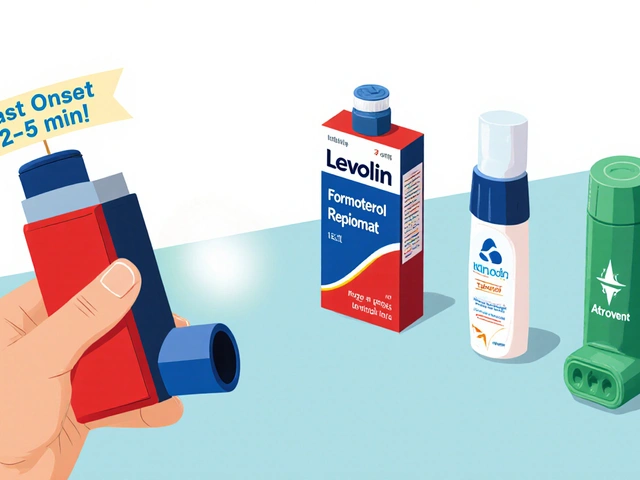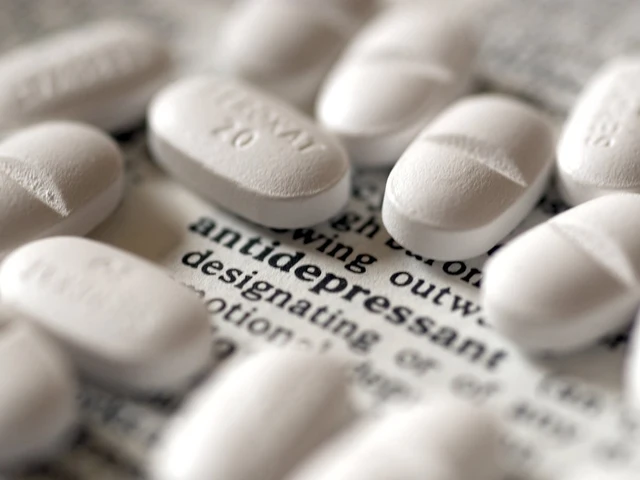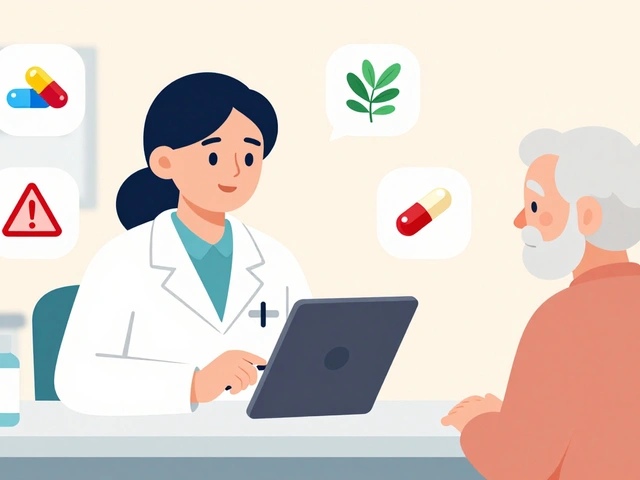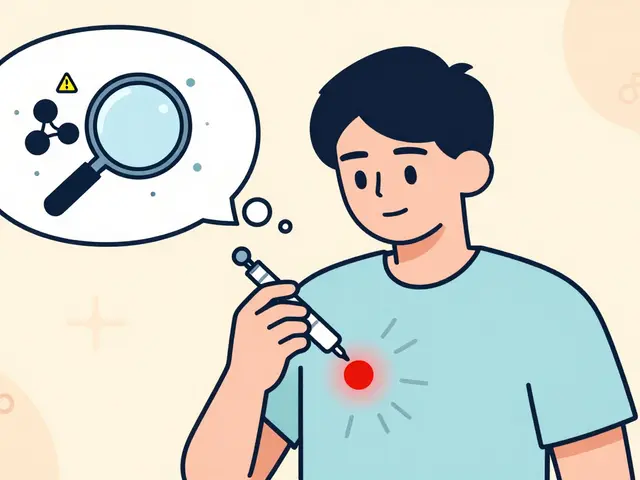Antibiotic Resistance: What It Means for You
Ever wonder why a simple ear infection suddenly feels like a battle? That's antibiotic resistance poking its head out. In plain terms, it means the drugs that used to kill bacteria are losing their punch. The result? Longer illnesses, more doctor visits, and higher costs.
Why Resistance Happens
Bacteria are tiny survivors. When you take an antibiotic, most of the bugs die, but a few may survive because they’re a bit tougher. Those survivors multiply and spread, creating a new generation that the medicine can’t defeat. Overusing antibiotics—like taking them for a cold or not finishing the prescription—feeds this process.
Everyday Steps to Fight Superbugs
First off, only use antibiotics when a doctor says it’s necessary. If you get a prescription, follow the dosage and finish the whole course, even if you feel better early. Second, don’t share leftover pills with friends or family; what works for you might not be right for them and can boost resistance.
Good hygiene also plays a big role. Hand washing, proper wound care, and staying up to date on vaccines cut down the chances of getting infections that need antibiotics in the first place. When you’re sick, rest and fluids can often do more good than a shot of medicine that isn’t needed.
Ask your pharmacist or doctor about alternatives. Sometimes a different class of drug or a non‑antibiotic treatment is enough. If you’re prescribed a broad‑spectrum antibiotic, request a narrow‑spectrum option if it fits the infection—the narrower the target, the less collateral damage to good bacteria.
Keep an eye on the warning signs of a resistant infection: fever that won’t drop, pain that gets worse, or symptoms that linger beyond a week despite treatment. If that happens, tell your doctor right away so they can run tests and adjust therapy.
At home, store any leftover antibiotics safely and discard them properly—don’t just toss them in the trash where they could end up in the water supply. Many pharmacies run take‑back programs for unused meds.
Finally, spread the word. Talk to family and friends about why they shouldn’t demand antibiotics for viral colds or flu. The more people understand, the slower resistance spreads.
Antibiotic resistance may sound like a distant problem, but it’s already affecting everyday health. By using antibiotics responsibly, practicing good hygiene, and staying informed, you can keep these superbugs at bay and protect yourself and your community.
Antibiotic resistance is turning routine infections into stubborn headaches, forcing doctors to change medications mid-treatment. This article breaks down why antibiotics sometimes stop working, what drives doctors to switch drugs, and what you can expect from your new prescriptions. Real-world examples, practical tips, and up-to-date alternatives are all here. If you've ever wondered why your treatment plan shifted suddenly, or what safe replacements for popular antibiotics look like, this is your guide. Make smarter choices next time you face an infection with all the facts at your fingertips.
Categories
Archives
Recent-posts
Pharmacist-Led Substitution Programs: How They Work and Why They Reduce Hospital Readmissions
Dec, 11 2025



 Medications
Medications




